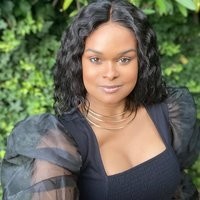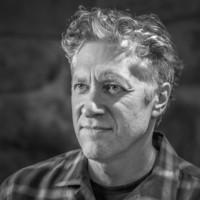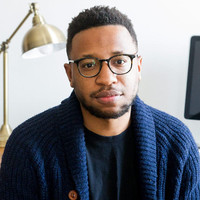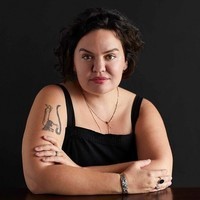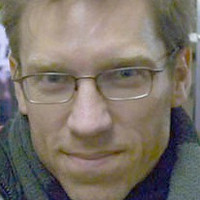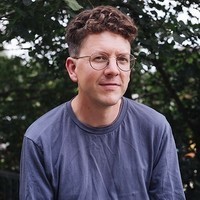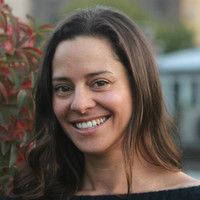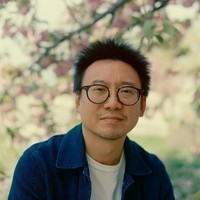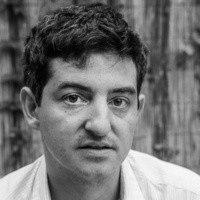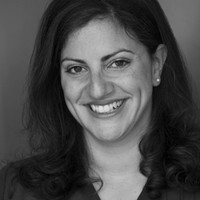Erika Hayasaki has written for The New York Times Magazine, Wired, and The Atlantic. Her new book is Somewhere Sisters: A Story of Adoption, Identity, and the Meaning of Family.
“I don’t subscribe to the belief that it’s our story because we’re the journalist that wrote it — especially when people are sharing these really intimate, deep, painful moments. That is not my story. That’s their story that they've collaborated in a way with me to share through these interviews.”

